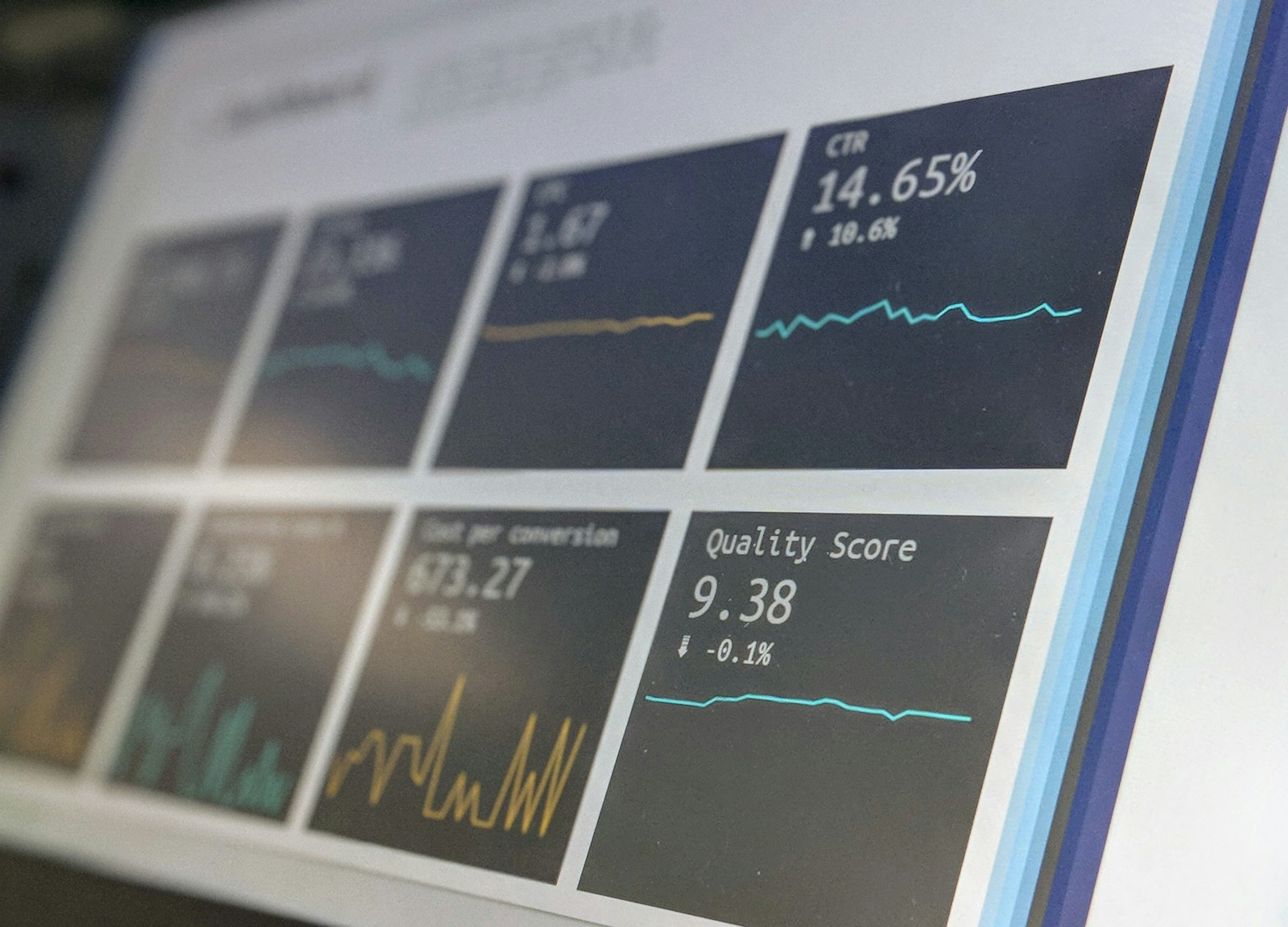Generative Engine Optimisation
Prepare for the future with advanced generative engine optimisation and ensure your business is visible on all major AI platforms including ChatGPT, Gemini, Google AI Overviews, Claude and Copilot.




Generative Engine Optimisation
Delivering results
for your business
Generative engine optimisation (GEO) is an advanced strategy built upon SEO techniques that optimise content for AI platforms and search engines. These platforms use large language models to generate responses to user inputs. GEO techniques and strategies aim to maximise the visibility of your business in these responses.
We cover optimisation for the following AI platforms:
– ChatGPT
– Gemini
– Perplexity
– Copilot
– DeepSeek
– Google AI Overviews



Shh, it’s a secret…
Our formula
for success
Research & Analyse
We dive deep into understanding your business, target audience, and competition to create a solid foundation for your GEO campaign.
Strategise & Identify
Our expert team conducts comprehensive phrase and prompt research and identifies opportunities to create the best possible strategy for your site.
Implement & Develop
On-going services enhance the structure, content, and technical aspects of your site. We create compelling and authoritative content that resonates with your target audience and is readily available for AI use.
Monitor & Report
We continuously refining our strategies by monitoring the performance of your GEO campaign, using advanced analytics tools to track brand mentions, organic traffic, and user behaviour on your website.

Generative Engine Optimisation
The future is
artificial intelligence
AI applications have seen unprecedented growth, reaching millions of users around the globe, showing the demand for AI-focused interactions and permanently changing how we use the internet for informational and commercial intent.
Search engines and the ways a user can now search the internet have rapidly changed, shown by Google introducing AI Overviews and ChatGPT offering services like SearchGPT. Considering how generative AI affects your organic traffic is now essential for staying competitive digitally.
Our GEO strategies
Technical SEO
Allowing search engines and AI platforms to access & understand your website.
AI-Optimised Content
Maximise user experience and ensure on-page elements are easily ranked by search engines
Off-Page & Digital PR
Building a digital PR profile and improve the authority of your business so that AI models have data on your business.
Structured Data
AI uses schema markup to better understand your website’s content.
Conventional SEO
Ranking well on conventional search engines helps you dominate GEO.
GEO Auditing
A comprehensive review of all elements of your current GEO to identify issues, gaps, and opportunities.
Generative Engine Optimisation
SEO + GEO = Dominance
Future proof your organic traffic by building upon your SEO with GEO-targeted strategies that ensure your business thrives in an AI-dominated search environment.
As more users move to AI-generated search engines and features, GEO helps improve your businesses’ visibility outside of traditional search engine results.

Generative engine optimisation FAQs
Find the answer to your GEO queries. If your question isn’t answered below, feel free to reach out to us with any questions.









